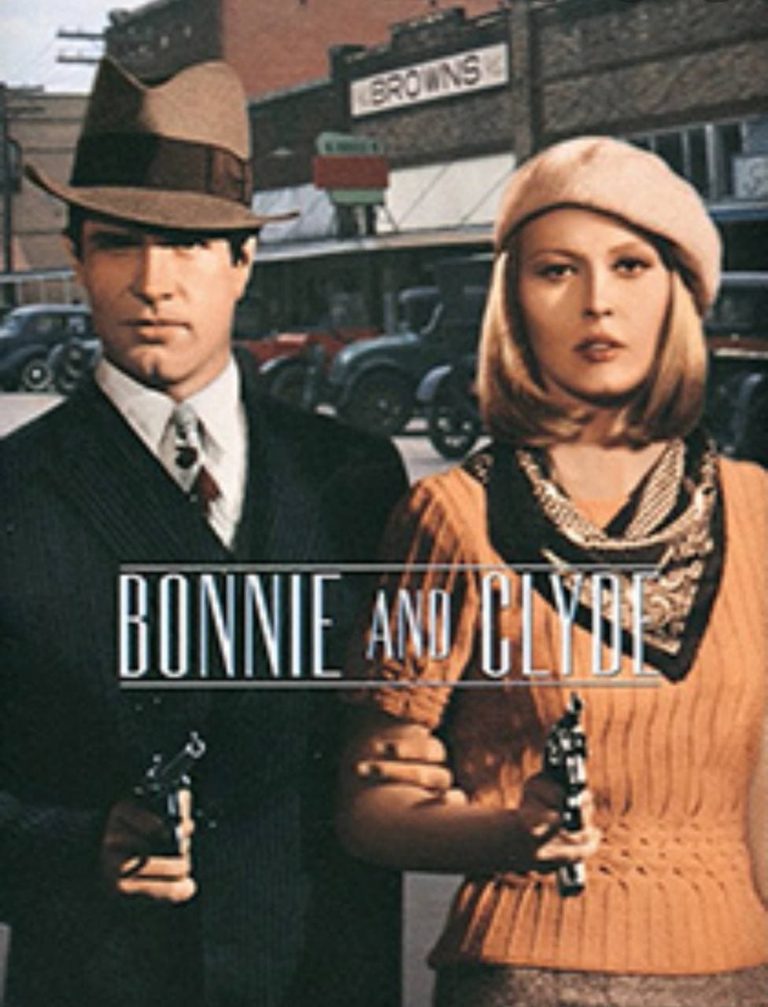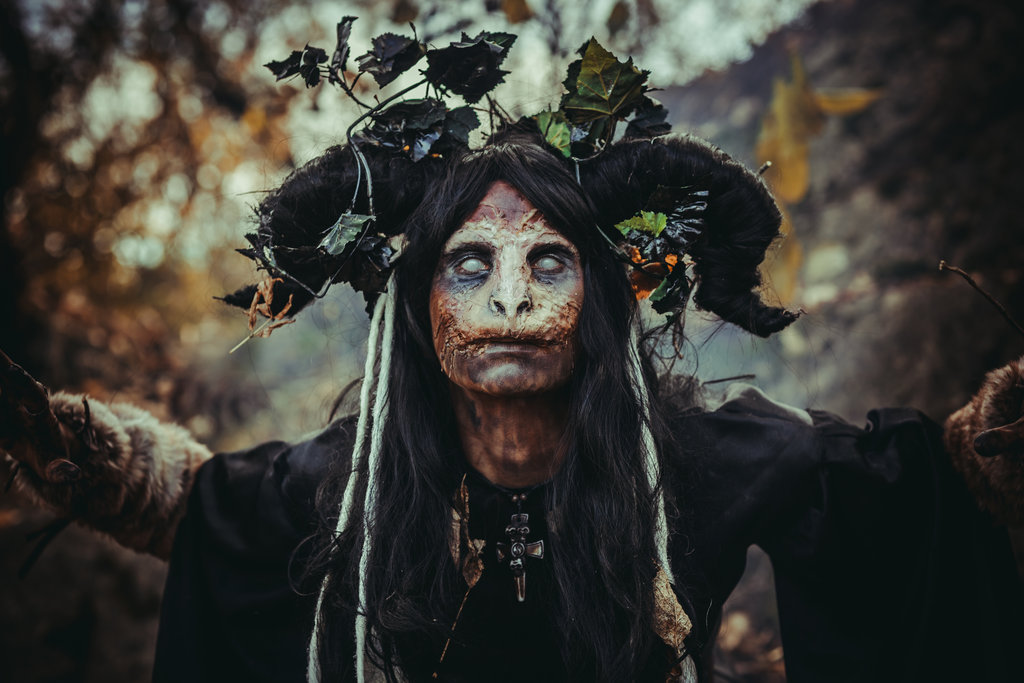You know those films that you always feel you should have watched, but you just haven't got round to it yet? Well, over the last week (we're in lockdown), I've been trying to catch up with some.
5 Classic Films I 'Should' Have Already Seen:
- The Exorcist (1973 Horror/ Supernatural) - Lots of male doctors lecturing a woman about how to run her life and deal with her daughter; the keepers of the knowledge deciding females they can't understand must be hysterical... It might be almost 50 years old, but some aspects still resonate. I believe good horror stories are never 'just' about horror; they connect with our deepest fears, ignorance and insecurities to explore something psychological. I feel this films does that, and Ellen Burstyn is spectacular. In conclusion: worth watching as a classic of the genre (I know all the best lines anyway), but probably not scary to a modern audience.
- The Godfather (1972 Crime/ Drama) - Men use their violence and strength to secure nepotistic deals and gain yet more wealth and power. How quaint. Again, all the best lines are familiar - offers you can't refuse; sleeping with the fishes etc. - the score is sumptuous, and Marlon Brando, Al Pacino and James Caan give brilliant performances. I understand that this film re-calibrated the notion of seeing gangsters as a response to a corrupt society and made them into good guys, but it really is all about the guys, isn't it - and the toxic masculinity and lack of female representation may have set the women's movement back as far as it advanced the film genre.
- Sunset Boulevard (1950 Noir/ Drama) - Mavellous fun; full of dramatic tension, stunning design and black comedy, with a seminal central performance from Gloria Swanson as a previous silent screen star in a world of talking pictures. "There's nothing tragic about being 50. Not unless you're trying to be 25."
- Battleship Potemkin (1926 Drama/ Silent) - I love me a good bit of revolutionary propaganda and I have particular views on borscht, so I thought I was ready for this. I wan't - it is outstanding! Those montages sequences and individual close-ups in the middle of mayhem are utterly groundbreaking, and the stirring score is thrilling. I appreciate the excellent moustache detail and I now understand the The Untouchables reference.
- Bonnie & Clyde (1967 Drama/ Crime) - Obviously the inspiration for The Dukes of Hazzard with a comedy-crime-committing duo who claim 'we rob banks' although there is nothing to rob because the people are so poor they've got nothing to save. I understand that life may be dull, but killing people is not the answer (although I agree with Ivan Moss's verdict on tattoos). Faye Dunaway has some fabulous outfits, Gene Wilder's screen debut is a highlight, and whatever charm and charisma Warren Beatty has (and with his reported womanising he must have some) it can only be off-screen rather than on.






